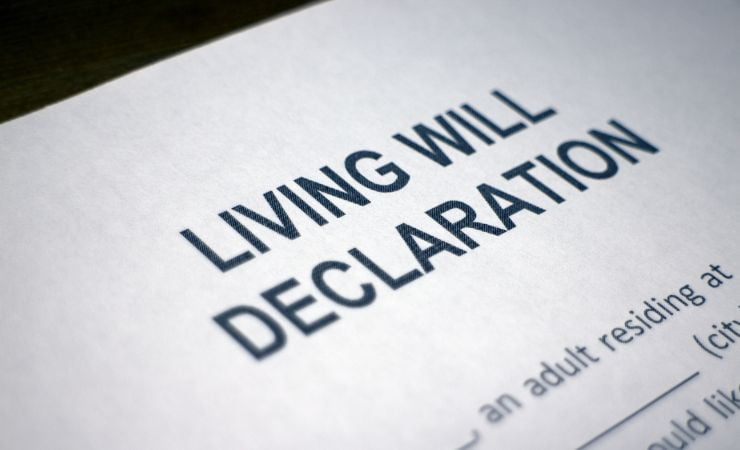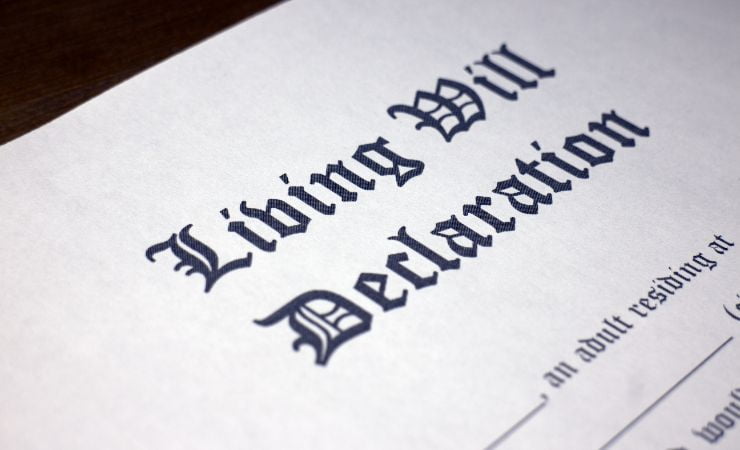Does a New Will Cancel Out an Old Will in California?

Estate planning is a significant undertaking that many people do not fully understand. It may seem unnecessary, but establishing a will is a great way to be sure that your loved ones are supported and cared for in the event of your death. It will also provide a way for you to protect your assets so they are available for your loved ones in the future. The process of writing and developing a will is very involved, and there are many important decisions that must be made.
The assets that will be included in the will, who you trust to oversee the execution of your will, and how the legal processes will be handled are all decisions that you will have to make for yourself. Under ideal circumstances, those decisions are all made before the process officially starts, and the will is finalized quickly. Ideal circumstances are not always the case, however. There are certain instances where a new will must be created and finalized. If you have questions about creating and establishing a will, the team at Sweeney Probate Law can help.
The Basics of a Will
A last will and testament, often called simply a will, is a legally binding document determining how an individual’s assets will be divided. This document allows the individual to choose specific assets to pass on to other family members, friends, and loved ones when they pass on. It also provides an opportunity to outline any specific plans they have for their assets following their death.
When a will is being created, there are several key decisions that must be made. First, the necessary assets must be chosen. Whether you choose to include real estate, financial holdings, vehicles, or any other assets, they must be designated as early as possible. Once you have determined what assets will be included and how they will be distributed, you must choose someone to be the executor of your will. This should be a trusted person who knows the information included in your will and is ready and able to follow through with your wishes.
When all the decisions have been made, the will must be finalized. This means that it is written out, the testator signs it, and the signing is witnessed by two people. If those steps are followed, then the document is binding. In the state of California, anyone can establish a will if they meet two criteria. First, they must be at least 18 to establish a will. Second, they must be of sound mind, which means they understand the process and can make their own informed decisions. Once an individual who meets these criteria has created a will, it can only be revoked or invalidated if they choose to destroy it or create a new will.
Reasons You Need a Will
One of the primary reasons that someone may choose to establish a will is to guarantee that their family can support themselves after the creator’s death. Estate planning, which has the tools and resources to meet nearly any need, is one way to ensure that they are taken care of. One of the most common types of estate planning is establishing a will. There are countless reasons why an individual may choose to write and establish their will.
A parent with multiple children may establish a last will and testament to minimize conflict within the family and ensure that all the children get what they are entitled to. An individual who is very passionate about a specific cause may establish a will to make sure that their assets are distributed among the various organizations they wish to support. A will may also simply be the best way for someone who is facing a terminal illness to provide additional support to their loved ones following their death. No matter what assets you have, creating a will is a great way to be sure that your wishes are carried out after you pass away.
FAQs
Q: Does a new will automatically revoke an old will in California?
A: Creating a new will is one of the two ways that a will can be revoked in California. The other option is to destroy the original document completely. While creating a new will is one way to revoke an old one, simply writing a new will does not automatically negate the original. The only way that a new will can officially negate an older will is if the new will specifically states, in writing, that the previous will is ineffective.
Q: Do you have to work with a lawyer to create a will?
A: You are not required to work with a lawyer while you are creating and drafting your will. The system is designed for individuals to be able to write, finalize, and file any necessary documents on their own, but this is not recommended. Working with a probate lawyer can provide guidance, assistance, insight, and support throughout the entire process. An experienced probate lawyer will assist you in fully understanding the process so that you get the most out of your will.
Q: How can you invalidate a will in California?
A: The only individual who can invalidate or revoke a will is the person who created the will, the testator. There are only two ways that a testator can invalidate or revoke a will in California. First, the will can be invalidated if the original document is destroyed entirely. It can be torn, shredded, burned, or destroyed using any other method as long as the intention is to destroy the will. Second, a will is invalidated when a new one is written. The new will must specifically state that the old will is no longer effective.
Q: Does California require the original will?
A: California does require the original will for the case to be filed in probate. This means that when the testator dies, the executor, the person responsible for carrying out their wishes, must file a petition for probate. This petition officially opens the will so that it can be executed properly. California requires the original will to be filed for the petition for probate to move forward. If the original will is no longer available, you can file for a missing will.
Contact Sweeney Probate Law
Navigating the legal system can be daunting under the best of circumstances. It can seem overwhelming if you are also dealing with the loss of a loved one. In these instances, dealing with the legal system may be necessary if the deceased had a will. It is important to be aware of how wills are created and maintained so you know how to proceed. The assistance of an experienced probate attorney can also be helpful. Contact Sweeney Probate Law today for all your estate planning needs.







